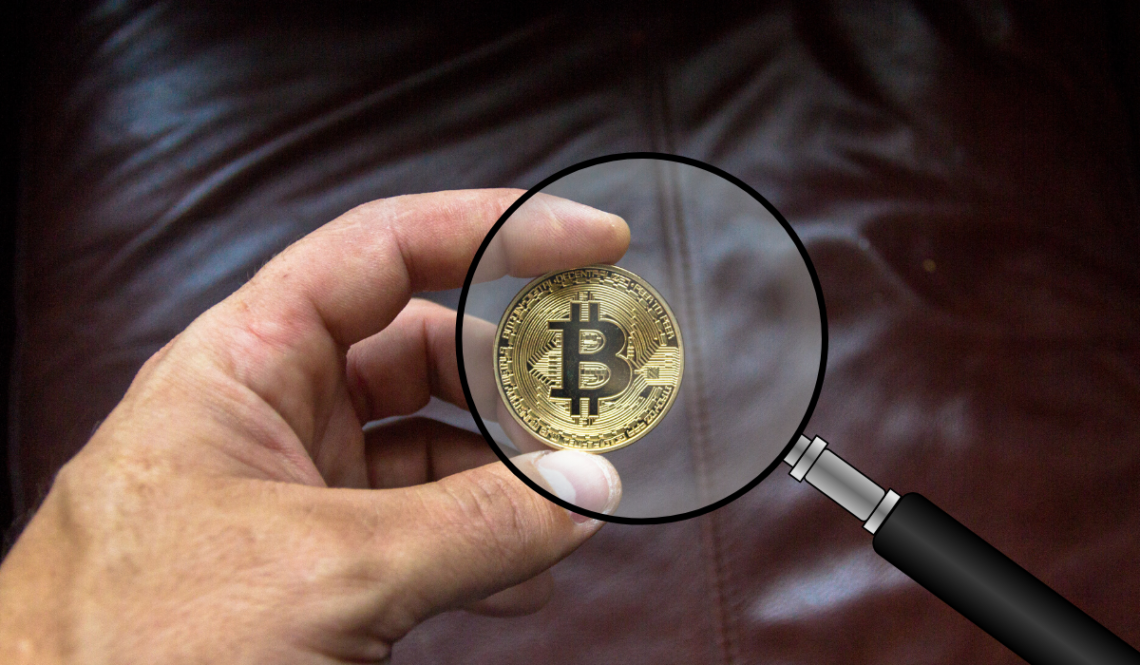- In a Bitcoin SIM swapping scam, a 48-year-old man has claimed to have suffered a massive loss of $27,000 worth of BTC.
- The individual belongs to Daly City, California, and had filed a complaint with the city police on January 14
- The scammers posed as legitimate operators of crypto hardware wallet Ledger and got access to the man’s passcode and other details
The notorious SIM swap scam has taken another victim, causing a loss of $27,000 of Bitcoin to the individual.
Scam Alarms Users To Become More Cautious
According to a Fox News’ KTVU channel report, a 48-year- old man has been the victim of crypto crime. The fraud involved SIM swapping of Bitcoin. This refers to a scenario when the scammers convince mobile network providers to reassign the users’ telephone numbers to their name. Afterward, the fraudster can misuse the two-step security check strategy to reset the victim’s passwords and access their online records.
A complaint has been filed with the Daly City police in California. The victim informed the police that he had received a message from a person claiming to be a mobile network operator. He said that his account had been frozen after observing numerous attempts to change the password.
He was then called again by a person who introduced himself as a representative of Ledger. The Bitcoins of the victim were stored in the same wallet and informed that his account had been accessed without permission. To resolve this, the scammers were able to obtain the password and the identification numbers associated with the account. They proceeded to steal $27,000 worth of Bitcoin from the crypto wallet.
Prevention Techniques To Help Avoid Scams
Crypto traders must employ means and ways to prevent such scams from occurring. Strategies can build the security of online accounts and wallets. Networks like AT&T, Verizon, and T-Mobile offer the capacity to add a PIN code to one’s digital record, which provides an additional layer of security.
In addition, steps should be taken to restrict the amount of information shared during online communication. Scammers highly depend on open-source information to persuade network providers into believing that they are the legitimate record holders. Being careful about spontaneous messages or messages requesting individual data is of utmost importance. These are mostly fraudsters “phishing” for online data.

Andrew is a blockchain developer who developed his interest in cryptocurrencies while pursuing his post-graduation major in blockchain development. He is a keen observer of details and shares his passion for writing, along with coding. His backend knowledge about blockchain helps him give a unique perspective to his writing skills, and a reliable craft at explaining the concepts such as blockchain programming, languages and token minting. He also frequently shares technical details and performance indicators of ICOs and IDOs.


 Home
Home News
News










